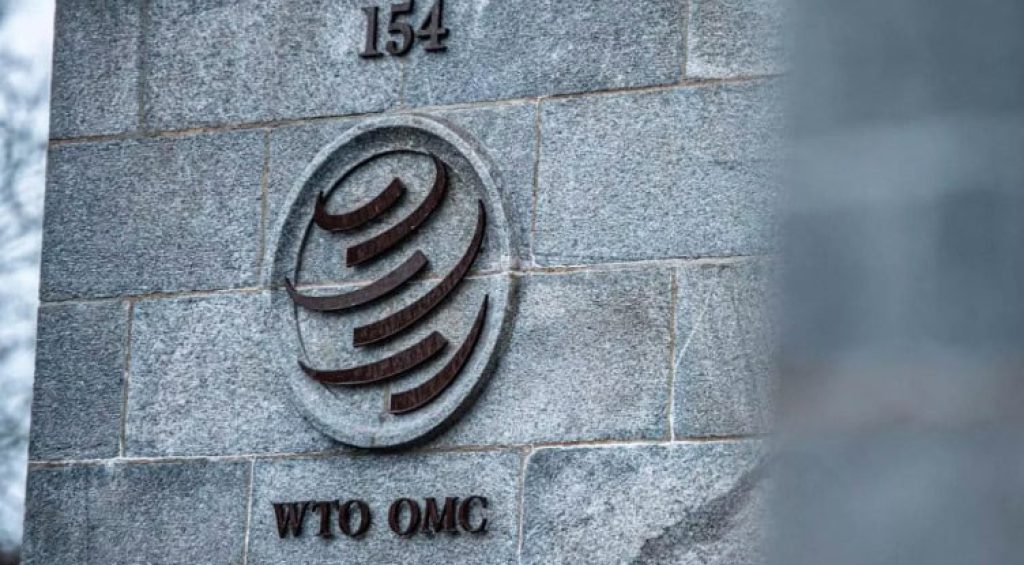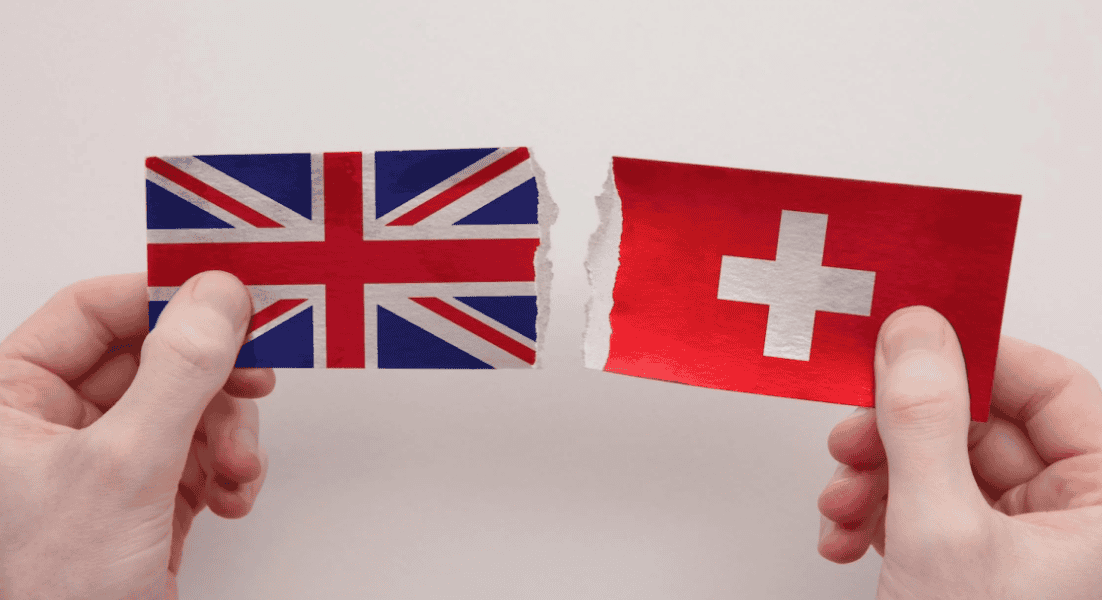The Trump administration’s trade policy accelerates the WTO’s decline and challenges global trade governance.
The second administration of United States President Donald Trump has shaken the foundations of the multilateral trading system by implementing unilateral administration on imports from most of its partners, and by signing ‘deals’ with a few of them. It is impossible to legally reconcile these actions with the letter and spirit of the World Trade Organization (WTO). The fundamental purpose of the WTO is to promote non-discriminatory trade liberalisation, primarily through the most-favoured nation (MFN) principle, while subjecting disputes to compulsory third-party adjudication (CTPA). The high, new US tariffs and so-called deals run afoul of MFN, CTPA and several other WTO legal institutions. The US view under Trump seems to be that legality should not stand in the way of political expediency when it comes to promoting US interests as understood by the current US administration.
This is happening when the policy relevance of the WTO had already been undermined. Geopolitical concerns have turned its traditional consensus-based voting mechanism into a formidable impediment to block its legislative functions. Its adjudicative function has been moribund since 2019, when the first Trump administration took steps to make the WTO Appellate Body largely redundant. While the WTO still has offices in Geneva, the emerging disequilibrium is hardly sustainable. The WTO has been practically reduced to redundancy, at least with respect to influencing relations between the US and each of its partners.
Assuming that current US policy does not change, the relevance of the WTO could wane further. Reviving the multilateral organisation will require a valiant effort from the key stakeholders, and the determination to address issues that the membership has previously avoided. This paper highlights some of them.
Source : Bruegel







































































